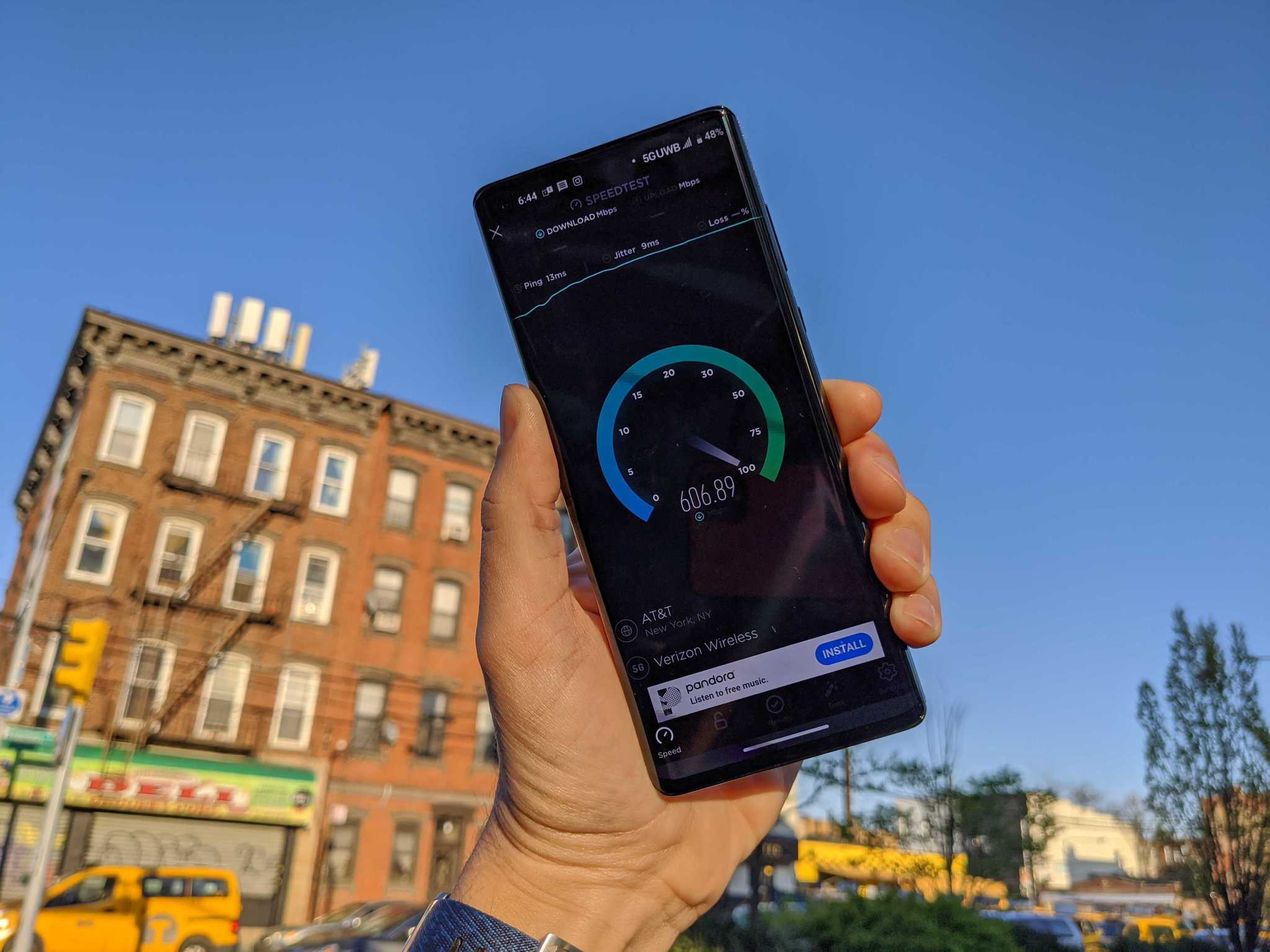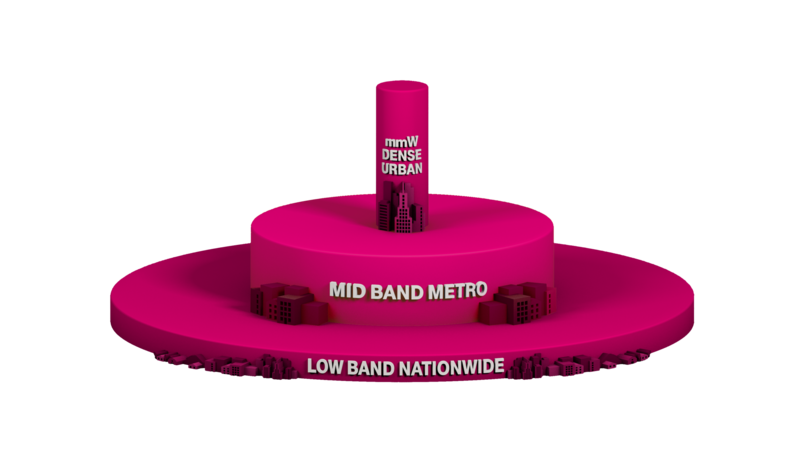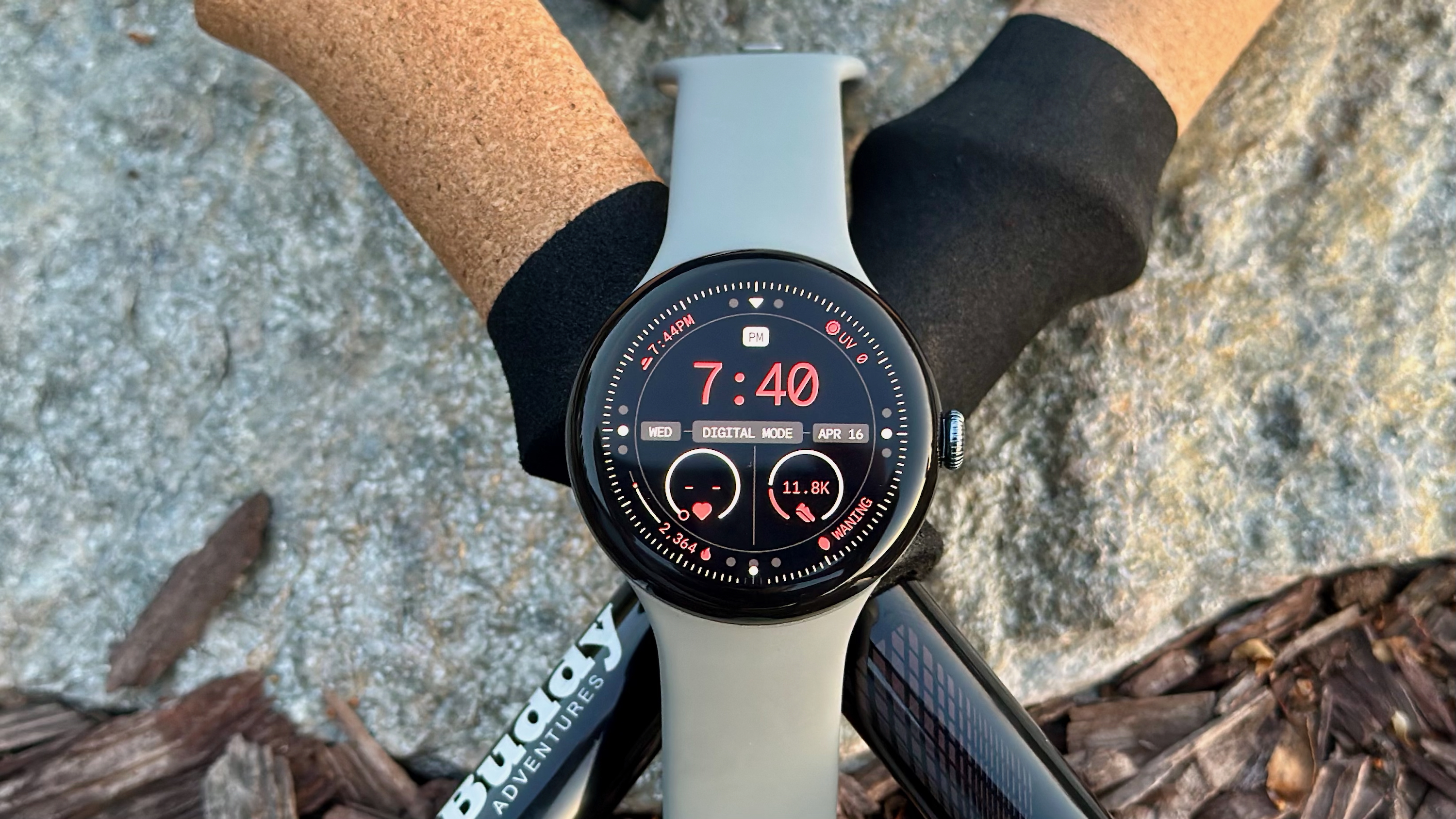mmWave 5G: Is it better in 2022?

Best answer: Yes, mmWave is making its way to more venues and cities in late 2021 and 2022, but you'll still spend the vast majority of your time connected to low or mid-band 5G.
Will mmWave 5G be better in 2022?
If you bought a phone in the last year, there's a good chance it works with 5G. In fact, most of the best Android phones support the tech. Unfortunately, most of these phones only connect to low-band and mid-band 5G; however, using the sort of spectrum popular in LTE deployments. The speed improvements over LTE aren't as dramatic as many expected of the next generation of wireless tech.
There is another type of 5G that has been slowly but steadily increasing its coverage bringing with it incredible multi-gigabit speeds and the capacity for thousands of devices. This tech, mmWave, was actually one of the first kinds of 5G to be deployed, with AT&T, T-Mobile, and Verizon all deploying at least a few sites to enter the 5G race. Still, progress has been slow and, on every carrier, has been surpassed by low-band deployments.
The name mmWave or millimeter-wave is in reference to the closeness of the waves created by this high-frequency network. Compared to T-Mobile's mid-band 5G at 2.5GHz, mmWave often operates over 28GHz. At these frequencies, vast chunks of spectrum are available, making extremely high speeds possible and supporting many more simultaneous connections. All of this means that carriers will need to build many more cell sites for mmWave to work.
How are carriers building 5G?
The Big Three carriers all have some mmWave coverage, but Verizon has a big lead in this space. T-Mobile took the lead in overall 5G coverage though, with coverage expected in more than 80 cities by the end of 2021, Verizon isn't slowing down either. Coverage is still spotty, but with a focus on the busiest parts of the city, it's a sensible deployment.
Be an expert in 5 minutes
Get the latest news from Android Central, your trusted companion in the world of Android
Verizon has also been using this tech for its 5G Home internet service, which eliminates the need to run cables directly to the how but is fast enough to compete with cable and even fiber connections. This service helps Verizon make good use of mmWave even before most people get mmWave-capable phones or coverage.
AT&T is also expanding its mmWave 5G network though it's a lot more focused than Verizon. It's putting mmWave where it makes the most sense with a strong focus on venues, and AT&T expects to have mmWave coverage in 40 cities and 40 venues by the end of 2021. So if you go to a major sporting event or fly in 2022, there's a good chance you'll be covered by AT&T's fast 5G network.

Finally, T-Mobile has been the least aggressive on mmWave expansion though its layer-cake plan clearly shows that mmWave is part of the plan. T-Mobile has a strong lead in 5G coverage thanks to its low-band and mid-band 5G covering more than 300 million and 165 million people, respectively. This has allowed T-Mobile to easily become the best 5G network. Still, there's room for improvement, especially in crowded areas as more people buy 5G devices.
Is C-band replacing mmWave?
C-band is the mid-band spectrum desperately needed by carriers to bridge that coverage gap between low-band and mmWave 5G. C-band refers to a wireless spectrum around 3.5GHz that will become available in late 2021 and 2022. In 5G deployment, C-band has stolen the spotlight from mmWave, but it's still only one piece of the puzzle.
It can be hard to fully appreciate due to its spotty coverage and the current lack of need for gigabit speeds on a phone, but mmWave is a key part of a complete 5G network. With plenty of speed to do whatever you need, regardless of how crowded an area is, mmWave will be able to keep up. In 2022, mmWave will continue to grow and improve whether you use it on your phone or as your home internet.
When Samuel is not writing about networking or 5G at Android Central, he spends most of his time researching computer components and obsessing over what CPU goes into the ultimate Windows 98 computer. It's the Pentium 3.


